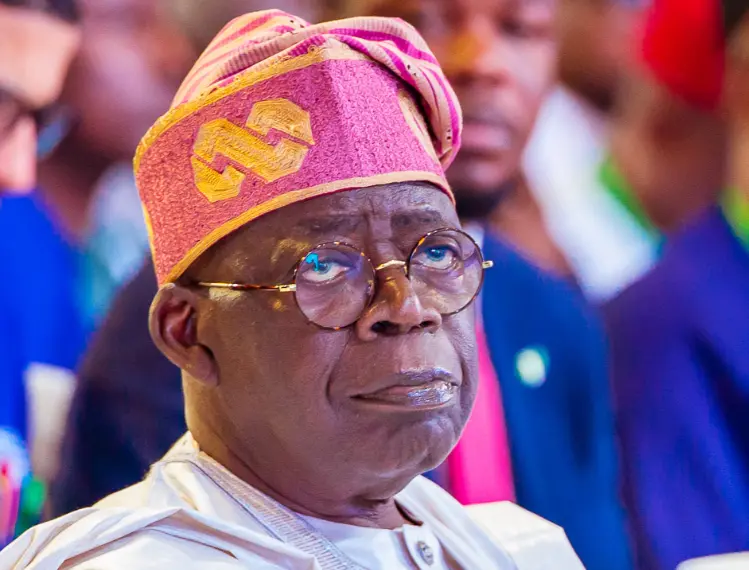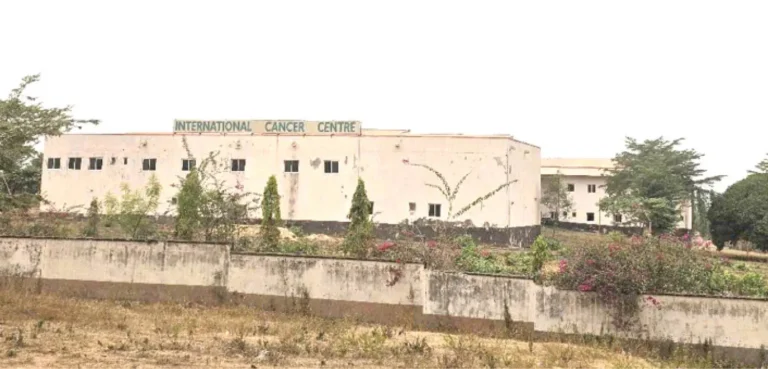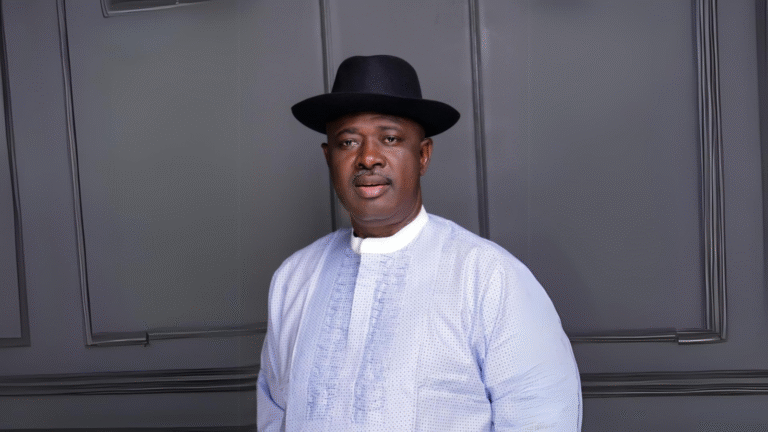
Commentary: Tinubu Democracy Speech
As a Nigerian who was eager to hear something different from the newly elected president, I must say that Tinubu’s Democracy Day speech fell short of my expectations. The speech focused heavily on the significance of June 12 and the struggles that led to the attainment of democracy in Nigeria, which is undoubtedly important. However, I was hoping for a more forward-looking vision and concrete plans for addressing the pressing issues facing our nation.
Tinubu’s speech did acknowledge the intense contestation in the recent elections as evidence of a thriving democracy, but it failed to address the concerns of those who are disenchanted and disappointed with the outcomes. While it is true that democracy allows for the peaceful transition of power, it is equally important to address the grievances and aspirations of those who did not win. A truly inclusive democracy requires bridging the gaps and finding common ground to move the nation forward.
Furthermore, the speech touched briefly on the need for social and economic justice but lacked specific policies or strategies to achieve this goal. The removal of the fuel subsidy was mentioned as a necessary sacrifice, but without a clear plan to alleviate the burden on the masses or ensure that the saved resources are utilized for the benefit of all, it comes across as a decision made without adequate consideration for the people’s welfare.
In terms of governance, the speech emphasized the importance of the rule of law and a vibrant judiciary, which is commendable. However, it would have been beneficial to hear more about the government’s plans to strengthen these institutions and ensure their independence and effectiveness in delivering justice.

Overall, while Tinubu’s speech acknowledged the historical significance of June 12 and the ideals of democracy, it lacked a fresh perspective and concrete solutions to the challenges facing Nigeria today. As a Nigerian yearning for change and progress, I had hoped for a speech that would inspire confidence in the new administration’s ability to tackle the pressing issues of poverty, infrastructure, education, healthcare, and public utilities. Without clear strategies and tangible commitments, it becomes difficult to see how the ideals of democracy can be translated into meaningful improvements in the lives of ordinary Nigerians.
Furthermore, the speech lacked a sense of urgency and failed to acknowledge the pressing concerns of the Nigerian people. Issues such as security, corruption, and unemployment, which have a direct impact on the lives of ordinary citizens, were not adequately addressed. The president missed an opportunity to demonstrate a clear understanding of these challenges and present a comprehensive plan to tackle them.
In addition, the speech did not provide a clear stance on the rule of law and the independence of the judiciary. While it mentioned the retirement age reform for judicial officers, it did not emphasize the need for a strong and impartial judiciary that can uphold justice and strengthen democratic institutions. This omission raises concerns about the commitment to a fair and transparent legal system.
Overall, Tinubu’s Democracy Day speech lacked the boldness, vision, and specificity needed to inspire confidence and instill hope in Nigerians. It did not present a clear agenda for addressing the pressing issues facing our nation and fell short of articulating a vision for a prosperous and just Nigeria. As citizens, we need more than a historical account of our struggles; we need concrete plans and actions to build a better future.







